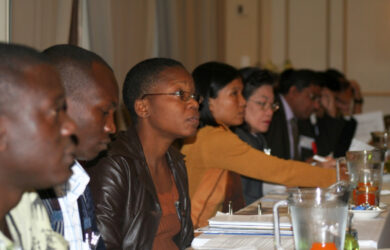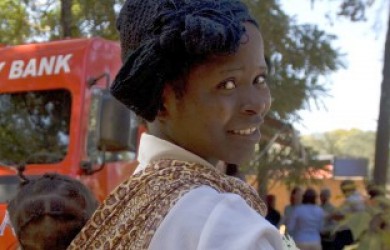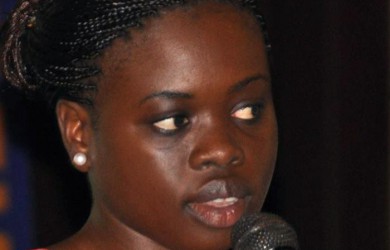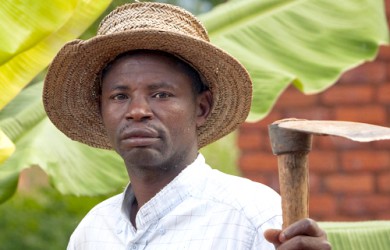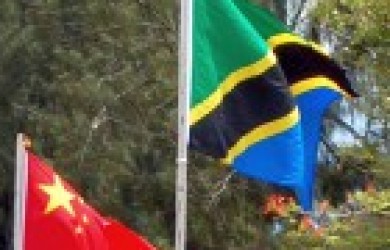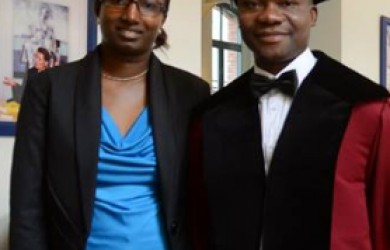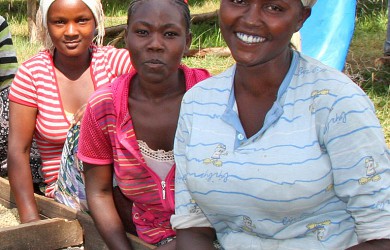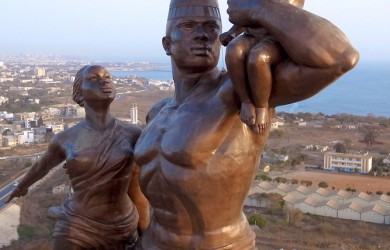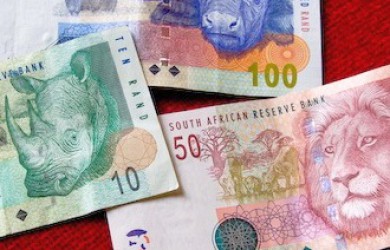- ABOUT US
- RESEARCH
- EDUCATION
- The Graduate School
- PhD Programme
- MSc Programmes
- Capacity Development
- News
- Design and Evaluation of Public Policies (DEPP)
- Design and Evaluation of Innovation Policies (DEIP)
- Evidence-Based Policy Research Methods (EPRM)
- Migration Management Diploma Programme (MMDP)
- Moving the Migration Policy Agenda Forward (MMPAF)
- Online Courses
- Short Courses (Masters)
- Tailor-made programmes
- UNU-MERIT, ITU Academy Training Centre
- Alumni
- Academic Funding
- NEWS
- EVENTS
- PUBLICATIONS
- LIBRARY
African Social Transfer Course: 27 July-7 Aug. 2015
30 March 2015
African countries are now recognising the value of social protection programmes in reducing extreme poverty. This two-week course aims to give an in-depth understanding of how to develop social transfer programmes. ‘Designing and Implementing Social Transfer Programmes’ A course for policymakers, government officials and practitioners 27 July – 7 August 2015 / Cape Town, South Africa The Economic Policy Research Institute (EPRI), the Institute of Development Studies (IDS), and UNU-ME...
Continue Reading →Skills, Stability and Conflict: New Research Project
29 January 2015
Providing jobs may increase stability and avoid future violence, especially in low and middle-income countries. But do employment programmes really have this impact? We will study this question for a set of post-conflict countries in Sub-Saharan Africa and the Middle East. A new project co-run by UNU-MERIT will improve our understanding of the links between aid, development and stability in Afghanistan, Yemen and a range of African nations. The project will be led by the Hague Institute for Glob...
Continue Reading →New Policy Brief: Innovation for Africa Series
14 January 2015
After three decades of trial and error, innovation policy is taking off in Africa. Our new policy brief tracks the roll out of science, technology and innovation (ST&I) policies in 11 African nations, in the context of various development issues. Experts from around the world recently met in Nairobi, Kenya to analyse innovation policies in Botswana, Burundi, Ethiopia, Kenya, Malawi, Mauritius, Namibia, Rwanda, Tanzania, Uganda and Zimbabwe. Among other outputs, the workshop mapped ST&I p...
Continue Reading →African Science Impact: New Research Report
17 November 2014
Science and technology helped Western nations achieve their current levels of development, but the same transforming effect is yet to happen in Africa. A key challenge for African countries is to work out how much to invest in science and then how to allocate these investments, says a new paper co-authored by PhD fellow Hugo Confraria. Africa’s share of global scientific output has clearly improved in the last decade, up from 1.6% in 2004 to 2.6% in 2013. On the one hand, this shows the continen...
Continue Reading →China’s Economic Embrace of Africa: New Working Paper
11 July 2014
Some Western policymakers see China as a threat to their work in Africa. But when taking a dynamic perspective, as in this working paper, Chinese and Western activities can be seen as complementary. In this way, an entirely different picture emerges. This paper discusses the entry of China into the game of foreign finance in Africa. It analyses the scope, destination and sectoral distribution of Chinese financial flows and trade in comparison with Western patterns and trends of aid, foreign dire...
Continue Reading →PhD Defences: June 2014
19 March 2014
We had five PhD defences in June 2014, covering government policies for highly skilled migrants, education and health in Senegal, housing in Uganda, government reform in Kosovo, and innovation in Latin America. See the events calendar and boxes below for more details. This page will be updated after each event....
Continue Reading →Time to Rethink Business in Rural Africa?
19 March 2014
It’s the “International Year of Family Farming” and time we realized that families are key to rural development in Africa. Smallholders manage 80 per cent of African farmland, often doing a lot more than tilling the land. Homes and markets are full of family entrepreneurs, working in everything from entertainment to hairdressing to repairs. So we think that 2014 should also highlight the work of non-farm businesses. In the 1960s and 70s these small businesses were low productive, survivalist act...
Continue Reading →New UNU Institute Set for Senegal
06 March 2014
UN University Rector David M. Malone signed the Host Country Agreement for a new UNU Institute on 4 March 2014 with Senegalese Foreign Minister Mankeur Ndiaye. This is a further step in a long-term process between UNU-MERIT in Maastricht and CRES in Dakar. Set to become a key UNU hub in Francophone Africa, the centre will work on sustainable growth and development with a particular focus on innovation and structural transformation. The signing ceremony was attended by CRES Executive Director Pro...
Continue Reading →‘First Impressions’ Press Review: February 2014
03 March 2014
Our press review features the latest publications by UNU-MERIT and its School of Governance, as well as mentions in the media. Output for February includes nine working papers, a policy brief and a journal paper, covering among others things nanotech cancer therapies, semiconductor life cycles, and R&D constraints and patent quality. Our research spans the globe, covering more than 20 countries in Sub-Saharan Africa and several more across Central and East Asia. ‘Political versus Economic In...
Continue Reading →Africa Debate Café: 25 February
15 February 2014
Will African nations choose their own development paths, moving away from former colonial powers? How should we interpret China’s efforts to increase its presence in Africa? Does it pose a threat to African populations or is it an opportunity for change? These are among the questions of a “debate café” held in Maastricht on 25 February 2014. The debate features panel members from UNU-MERIT, including Profs. Adam Szirmai and Wim Naudé, as well as PhD Fellow Tobias Broich. Background A...
Continue Reading →Archives
Contact
UNU-MERIT
Boschstraat 24
6211 AX Maastricht
The Netherlands
T: +31 43 388 44 00
Email: info@merit.unu.edu
Boschstraat 24
6211 AX Maastricht
The Netherlands
T: +31 43 388 44 00
Email: info@merit.unu.edu
Partner sites
Newsletters
© 2024 UNU-MERIT | Maastricht University


